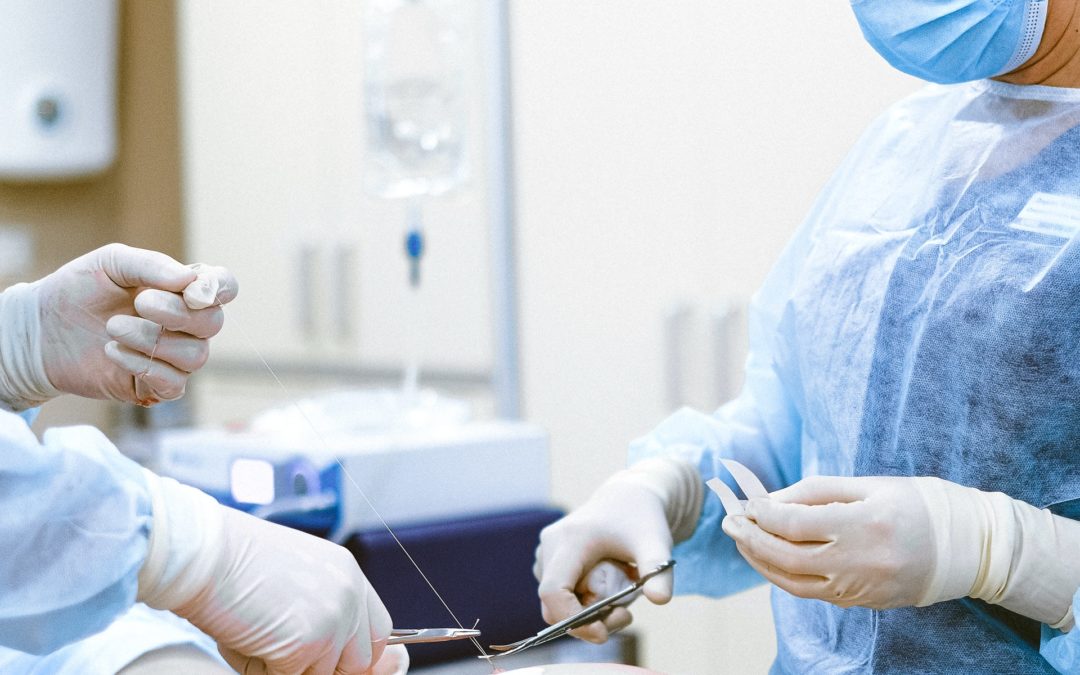Heart transplants are often performed as a last resort for people who have end-stage heart failure. A heart transplant is more than just surgery and waiting in the hospital. Many considerations go into the procedure. Here are seven things to know about heart transplants:
1. One Can Have Multiple Organ Transplants
While most organs can only be transplanted once, there are opportunities for a second or even third transplant, including the heart. While many factors decide whether another transplant will be performed, your medical history is a major factor. Another surgery can be performed on an individual who has already had one organ transplanted. It is important to note that the heart transplant return would require an immunosuppressant maintenance drug regimen that would not require as frequent administration due to the likelihood of rejection.
2. Each Patient’s Journey is Different
While the basics of a heart transplant may be similar for each patient, each individual’s journey is different. While some people can be back to their regular activities, others may require more time to recuperate. Recovery time will be dependent on the type of surgery performed, the reason you need a transplant, and your overall health before surgery.
3. One May Survive With a Heart From Someone Who Had a Serious Disease
It is possible for a person to survive with a heart from someone who had a serious disease. This is only performed if the donor’s heart is healthy or the person dies from an accident that does not allow for time to test for diseases such as HIV.
4. Follow-up Care Makes a Difference
It is important to have a follow-up with your surgeon. Patients tend to have a more positive experience following surgery if they are more involved in their care and recovery. Follow the proper diet, check for postoperative complications, and be sure to schedule any needed follow-up appointments.
5. The Outlook has Improved for Transplant Survivors
Current studies show that heart transplant survival rates have improved considerably over ten years. To put this into perspective, in 1998, fewer than 30 percent of heart transplant recipients survived. In 2012, the survival rate was 74 percent.
6. The Community Should Support a Heart Transplant Patient
The community should be there to support those who have had a recent heart transplant. They may require the use of equipment, or have trouble getting around, so offer help when possible.
7. Anti-rejection Drugs are Customized For Each Patient
Anti-rejection drugs can help prevent rejection of the new heart. There are specific therapies that are recommended for each patient. Each person who receives a heart transplant requires different maintenance medicine. This includes managing the dosage, timing of administration, and possible side effects.

